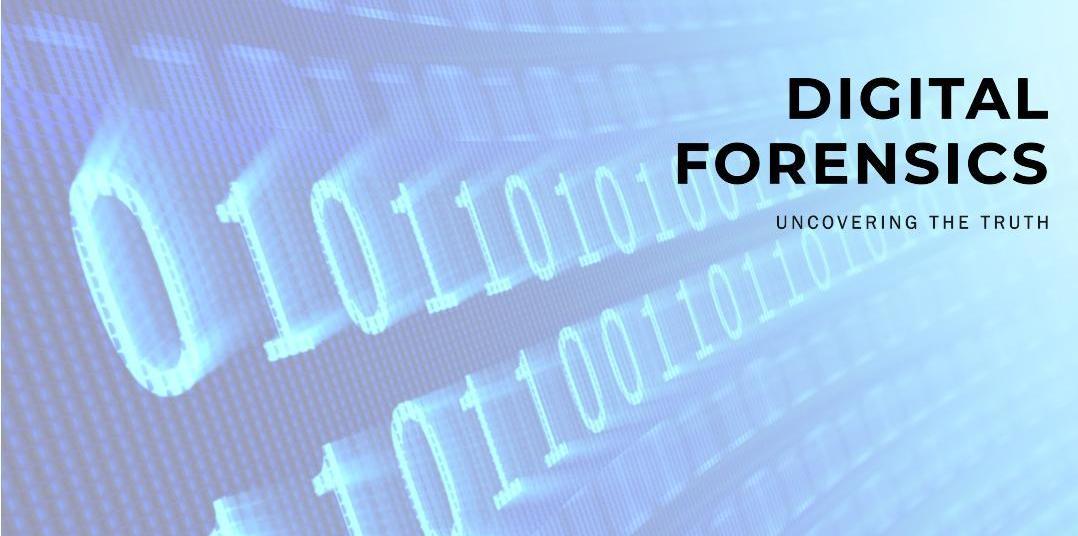An Introduction to Digital Forensics
Posted on 3rd April 2024 at 14:34
Digital forensics, a dynamic field at the intersection of technology and investigation, holds the key to unlocking the secrets hidden within digital data. In this beginner-friendly overview, we'll take a look into what digital forensics is, its significance, and its diverse applications across fields like law enforcement, cybersecurity, legal investigations, and corporate settings.
What is Digital Forensics?
At its core, digital forensics is the systematic examination and analysis of digital devices and data to uncover evidence for investigative purposes. Whether it's a computer, smartphone, tablet, or any other digital device or data store, forensic experts employ specialised techniques and tools to extract, preserve, and analyse digital evidence.
The Importance of Digital Forensics
In an increasingly digital world, where information is exchanged and stored electronically, the importance of digital forensics cannot be overstated. It serves as a vital tool in uncovering cybercrimes, investigating data breaches, and holding perpetrators accountable. Moreover, digital forensics plays a crucial role in ensuring the integrity of digital evidence and upholding the principles of justice and due process.
Applications Across Various Fields
Digital forensics finds applications across a myriad of fields, each benefiting from its investigative prowess:
Law Enforcement
Law enforcement leverage digital forensics to investigate a wide range of crimes, including cybercrimes, fraud, and child exploitation. By analysing digital evidence, investigators can reconstruct events, identify suspects, and build strong cases for prosecution.
Legal
Digital forensics plays a pivotal role in legal proceedings, providing irrefutable evidence that can sway the outcome of trials and hearings. Whether it's a civil litigation case, a corporate dispute, or a criminal trial, digital evidence obtained through forensic analysis holds the power to uncover truth and deliver justice.
Corporate Settings
Within corporate environments, digital forensics is essential for investigating internal incidents such as employee misconduct, intellectual property theft, and data breaches. By conducting thorough forensic analysis, organisations can identify vulnerabilities, mitigate risks, and safeguard their assets and reputation.
Cybersecurity
In the realm of cybersecurity, digital forensics is indispensable for incident response and threat intelligence. Forensic analysts examine compromised systems, malware samples, and network traffic to identify the root causes of security incidents, mitigate risks, and strengthen defences against future attacks.
Conclusion
In conclusion, digital forensics serves as a cornerstone in the realm of investigation, unravelling digital mysteries and shedding light on complex issues. Its importance spans across various sectors, from law enforcement and cybersecurity to legal investigations and corporate settings, where its analytical techniques and methodologies are instrumental in uncovering truth and ensuring accountability. As technology continues to evolve, the role of digital forensics will only grow in significance, making it an indispensable tool in the pursuit of justice, security, and integrity in the digital age.
Share this post:




